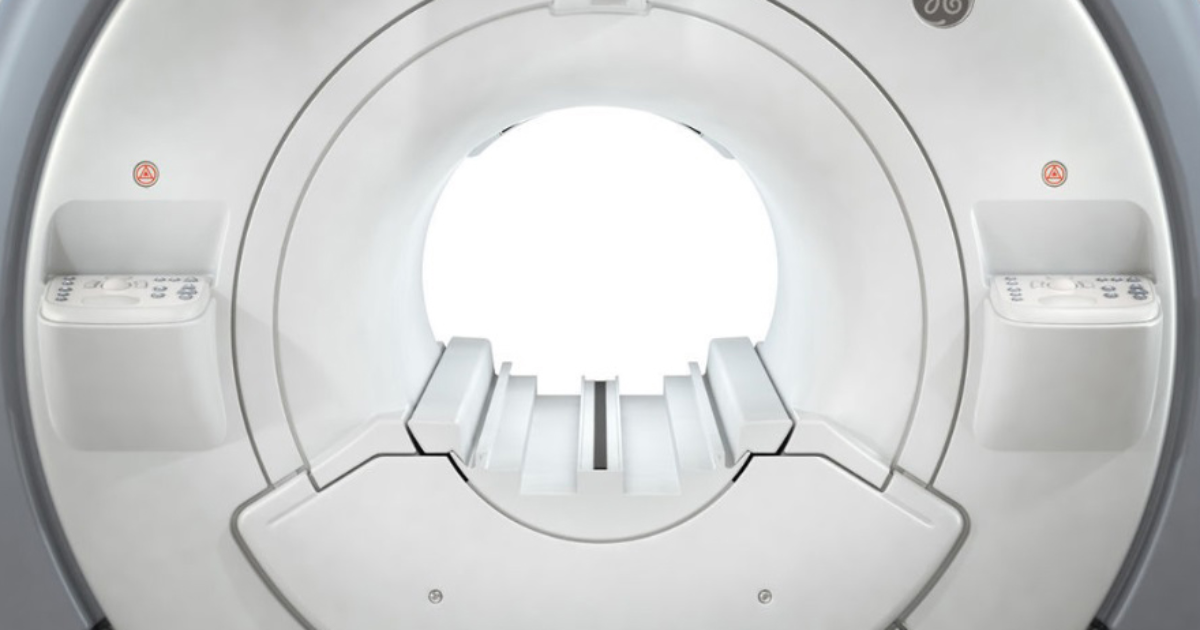
October 5, 2016 - TCO
5 common questions to ask before having an MRI
Magnetic resonance imaging (MRI) uses a powerful magnetic field and radiofrequency waves to create detailed images of the inside of the body without using ionizing radiation, making it an extremely safe and helpful tool for physicians to make accurate diagnoses. The procedure has gained mainstream popularity in large part due to high-profile athletes undergoing MRI scans after injuries. But as demand for diagnostic imaging has risen, the need to educate patients about scanning procedures, their usage and value have increased.
We encourage all patients preparing for (or considering) the procedure to seek answers to these common questions asked before an MRI.
Why am I getting an MRI?
First of all, do not assume that all joint, ligament and tendon injuries require an MRI. Because of its popularity in sports media, patients with minor injuries often assume that every injury requires this test, when in reality our physicians prefer not to order an MRI unless it’s necessary. It is not a quick, five-minute test like an X-ray. Rather, it usually takes 30-90 minutes and sometimes requires preparation.
If your physician has requested you receive an MRI, find out what he or she is hoping to learn. How will the result allow your physician to better diagnose your injury and provide better care? Why was MRI chosen instead of another type of test?
Prior to surgery, Twin Cities Orthopedics surgeons often require an MRI so they are armed with comprehensive, detailed information and images of the areas where they will perform surgery. It helps answer a lot of questions prior to beginning surgery and allows them to make extremely accurate incisions. Plus, the more you know about how the MRI will help your physician, the better you’ll understand the injury yourself.
What are the risks?
There is little risk of problems with MRI, and the majority of patients experience no issues or pain. However, because the machine uses magnets, patients who have metallic foreign bodies or certain metal devices inside their body may not be able to have an MRI, unless the device is specifically certified as “MRI-safe” or “MR Conditional.” All TCO MRI technologists are uniquely trained to determine the safety of medical devices and will address any concerns you may have.
Devices which may be contraindications to MRI include pacemakers, implantable cardioverter defibrillators (ICD), intrauterine devices (IUD), implanted drug infusion pumps, cochlear (inner ear) implants, neuromuscular stimulators, brain aneurysm clips and some dental implants. Always mention your implanted devices when being scheduled and bring any surgical documentation to your MRI appointment so that the technologist can determine if you are safe to undergo an MRI. Also, if there is a possibility that you have metallic fragments in your body (especially your eyes) it is extremely important that you tell the MRI staff prior to entering the scan room because serious injury or blindness could result.
How do I prepare for an MRI?
Leading up to an MRI, there is no special diet required and patients typically can take their normal medications, unless their physician tells them otherwise. In fact, the most preparation is done just before the MRI scan itself.
The MRI staff will ask you to complete a metal safety checklist, change into MRI-approved attire and remove all objects that may include metal (per the risks listed above).
Some patients who are extremely claustrophobic may need to take a sedative prior to the test. This will depend on the part being imaged and the size of each patient. They should discuss this with their physician ahead of time. At TCO, patients have the option to have their MRI done on a wide-bore scanner, at certain locations, which most often will alleviate any claustrophobia concerns.
What is it like? What should I expect?
These are two of the most common questions we’re asked. MRI scans are extremely safe and supervised by excellent teams of professional technologists, but the experience can be unsettling for some patients. The best way to calm nerves is to know what to expect ahead of time.
At TCO Imaging locations, the typical MRI scan procedure is as follows:
- You are asked to complete a metal-safety checklist and then change into MRI-approved attire.
- Lay down on a long table, and the MRI technologist explains the procedure and prepares the machine for the scan.
- While you’re lying on it, the table will move in and out of the large “tunnel” area of the machine. Patients must stay extremely still to ensure a successful, accurate test.
- During the test, the MRI machine makes loud noises; it’s fluctuating strong magnetic fields around your body and sending radiofrequency waves toward the part being examined. You can’t feel this occurring, but it’s noisy. That’s why all TCO patients receive earplugs and/or special headphones that block out noise to wear during the procedure. Most locations also offer a choice of music to listen to during the scan. The MRI technologist will check in with you in between scans (usually every 3-5 minutes) and you will be given an emergency button to press if you need to stop at any time.
What happens after my MRI?
After an MRI, most patients are able to return to normal activities immediately. A radiologist will examine the images and send a copy of the report to the physician, who will review them and provide recommendations and guidance on next steps.
Our TCO Imaging teams are caring and compassionate and pride themselves on helping patients and families thoroughly understand their procedures. We want every patient to feel comfortable and confident in their health care decisions, which is why we strongly encourage patients to ask questions. Never be afraid to ask questions. We’re here to help you, and it’s what we love to do.

